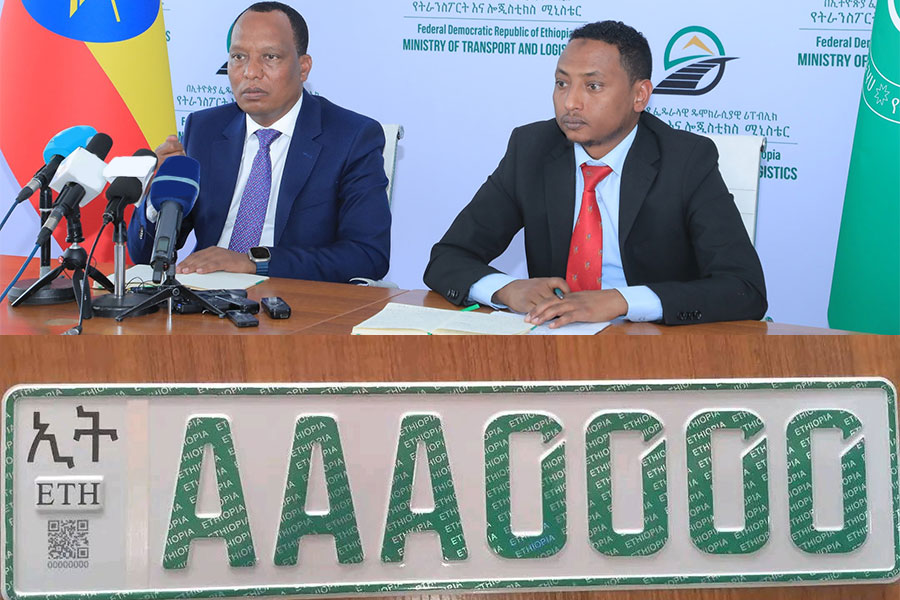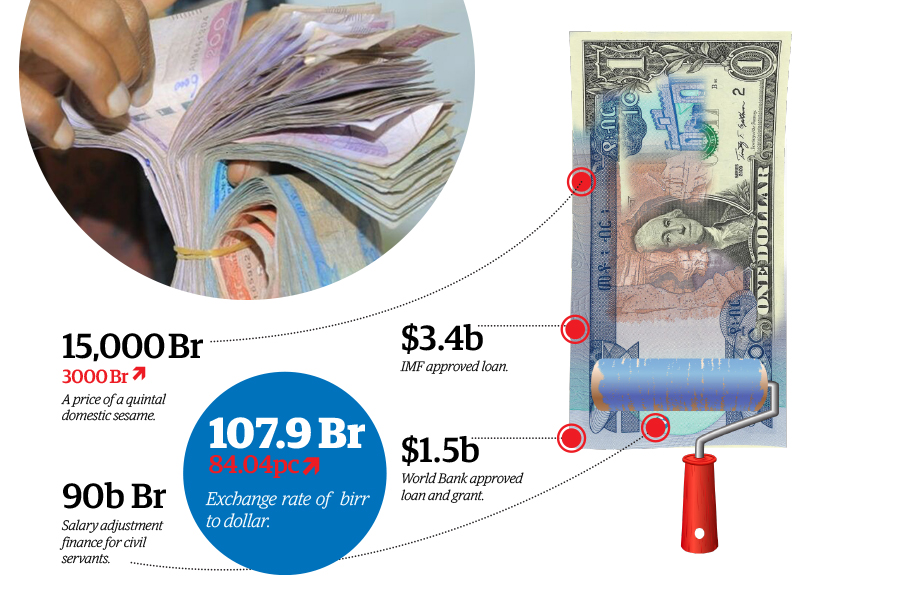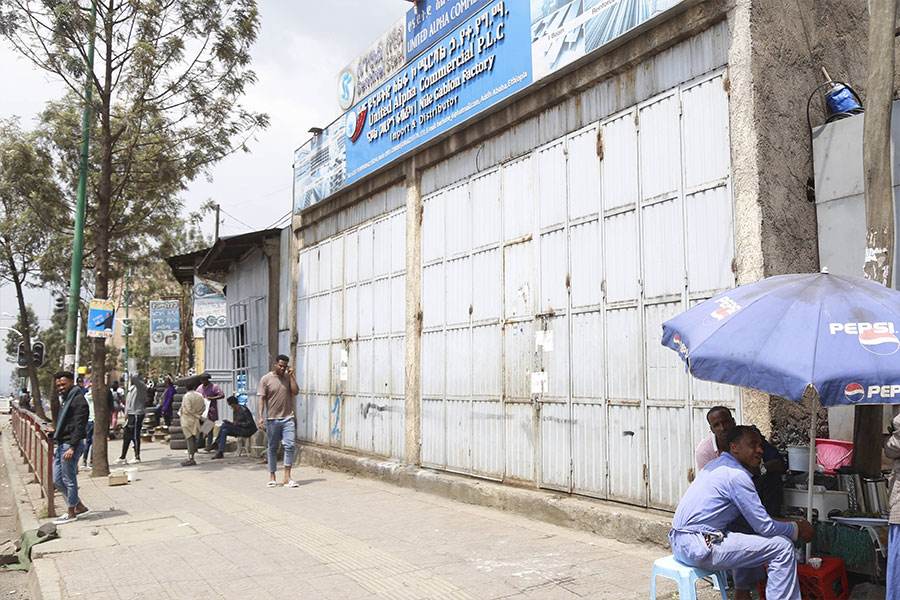
Jan 1 , 2023
By BERSABEH GEBRE ( FORTUNE STAFF WRITER )
Civil Society Organisations (CSOs) can establish a business entity or be part of existing ones unrelated to their objectives to generate income. CSOs were only allowed to participate in areas that exclusively aligned with their objectives, to generate income and annual net profits that would back their finances.
A new bill hoped to regulate their income-generating mechanisms was issued three weeks ago following a discussion with the Authority for Civil Society Organizations (ACSO). CSO investments should not exceed 30pc of their annual budget, otherwise charged as an administrative cost. The administration costs should be less than 20pc of their annual budget while collecting money from schools, hospitals, and religious institutions is prohibited, and profits from business entities go to their charities.
Ten years ago, the Authority, formally known as the Ethiopian Charities & Civil Societies Agency, issued warnings to over 200 NGOs over budgetary breaches after conducting an investigation on 261 NGOs. It has found 192 of them spending more than 30pc of their budgets on administrative purposes and 12 local NGOs raising more than 10pc of their budgets from foreign sources, both passing limit.
The new directive extracted from the CSO law that was passed three years ago was authorized by the Ministry of Justice.
Under Jima Dilbo, the Authority oversees 4,400 CSOs, of which 570 are international organizations. Yonas Mesganaw, the legal advisor at the Authority, believes that the bill encourages CSOs to do business without the fear of breaching the agreement.
Formerly known as non-governmental organizations (NGOs), CSOs were sourcing budgets from donors and membership fees that were limited or unreliable.
According to the Director of the Consortium of Ethiopian Human Rights Organizations (CEHRO) Mesud Gebeyehu, fund disbursement is related to the relationship between donors and the nation, impacting the acceptance of proposals. He said expanding financial sources is the only way his organization will be secured. Established five years ago, the organization advocates for human rights, democracy, and peace, with 17 CSOs under its fleet.
Local organizations such as Kelem Ethiopia, engaged in the education sector, with limited-period projects mostly catering to specific groups, have mixed feelings. The General Director, Abdulaziz Arage, hopes that commercial banks will include CSOs in their loan portfolio though the bill is a step to alleviate their financial constraints.
The study conducted last year explained that in 2014, the total funds pledged by CSOs for 2,604 projects, excluding Dire Dewa city, accounted for 35.76 billion Br. The current fund for 2,885 projects under CSOs is committed to 78.87 billion Br. Only the Somali and Harari regional states experienced a decline in total budgets as some CSOs did not get the required license to operate.
Starting its operation in 2018, Pro Development Network (PDN) supports 50 CSOs. The network sources funds from international donors such as the European Union and USAID. The Director Ahmed Hussien, director general of PDN, said that their organization plans to rent machines that will be functional to dig holes for clean water projects.
"We are contacting donors to get those machines," he said.
He mentioned that some organizations struggle to get donations, making it difficult to implement their objectives.
Only Ethiopian-owned organizations can advocate for human rights issues, including the rights of children, women, and the disabled. They are required to obtain 90pc of their funds from local sources otherwise recognized as international organizations and prohibited from advocating on such issues.
PUBLISHED ON
Jan 01,2023 [ VOL
23 , NO
1183]

Fortune News | Aug 04,2024

Fortune News | May 29,2021

Agenda | Oct 09,2021

Commentaries | Jul 31,2021

My Opinion | Oct 26,2019

Agenda | Jun 29,2024

Agenda | May 02,2020

View From Arada | Apr 11,2020

View From Arada | Oct 16,2021

My Opinion | Jan 03,2021

Dec 22 , 2024 . By TIZITA SHEWAFERAW
Charged with transforming colossal state-owned enterprises into modern and competitiv...

Aug 18 , 2024 . By AKSAH ITALO
Although predictable Yonas Zerihun's job in the ride-hailing service is not immune to...

Jul 28 , 2024 . By TIZITA SHEWAFERAW
Unhabitual, perhaps too many, Samuel Gebreyohannes, 38, used to occasionally enjoy a couple of beers at breakfast. However, he recently swit...

Jul 13 , 2024 . By AKSAH ITALO
Investors who rely on tractors, trucks, and field vehicles for commuting, transporting commodities, and f...

Oct 4 , 2025
Eyob Tekalegn (PhD) had been in the Governor's chair for only weeks when, on Septembe...

Sep 27 , 2025
Four years into an experiment with “shock therapy” in education, the national moo...

Sep 20 , 2025
Getachew Reda's return to the national stage was always going to stir attention. Once...

Sep 13 , 2025
At its launch in Nairobi two years ago, the Africa Climate Summit was billed as the f...